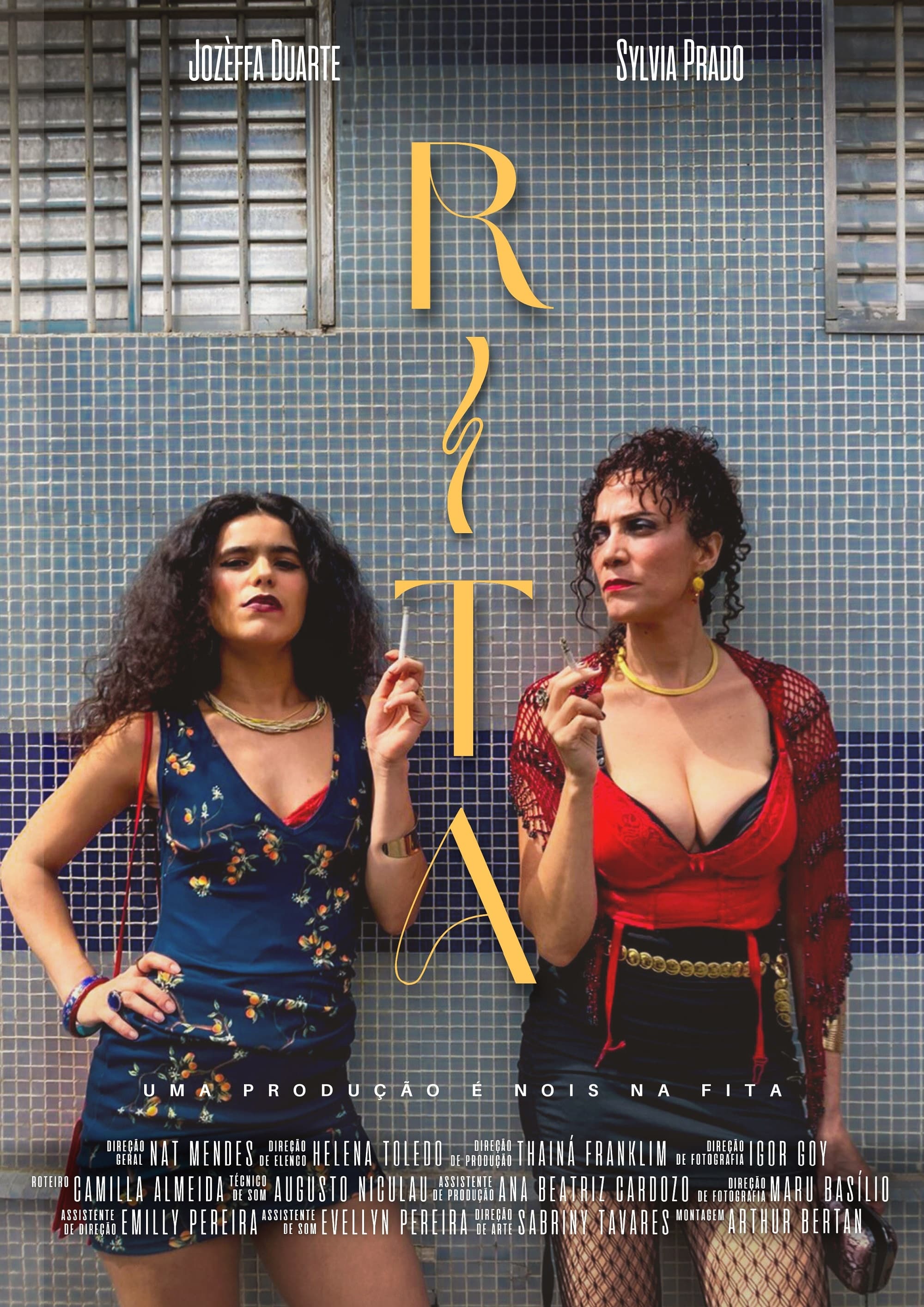

In an old, dilapidated mansion in downtown São Paulo, an old Shakespearean actor exiled from the stage lives with his ghosts. In his bed, surrounded by red curtains taken from an abandoned theater, he dreams of the plague and fire spreading throughout the country. A strange community forms around the old actor.

Rita is kicked out of her home as a teenager and becomes a prostitute when she is older. Now, she is dealing with an unwanted pregnancy and, at the same time, feels the desire to be a mother.

In six decades, Teatro Oficina has done more than revolutionize theatrical language in the country: the aesthetic influence of José Celso Martinez Corrêa's company extends from Tropicalism to the renewal of Brazilian audiovisual languages from the 1960s onwards. The film revisits a story that it involves personalities such as Caetano Veloso, Glauber Rocha, Lina Bo Bardi, Chico Buarque and Zé do Caixão, brings together scenic art, ecology, architecture and sexuality, and mixes art and life in the search for a Brazilian based language.

Horacio, an old smuggler hiding from the law, lives in a surreal, baroque apartment with Petulia, his daughter, and Milton, his favorite thug. While he keeps his daughter locked up in her bedroom, Horácio flirts with his goon, for whom he has had repressed feelings for years. However, Milton's love for a mysterious woman, and Petula's attempts to free herself with the help of a former lover, clash with Horacio's tyrannical whims.
By browsing this website, you accept our cookies policy.